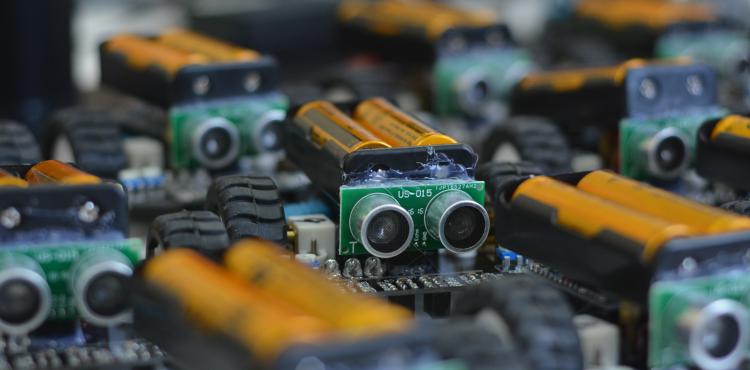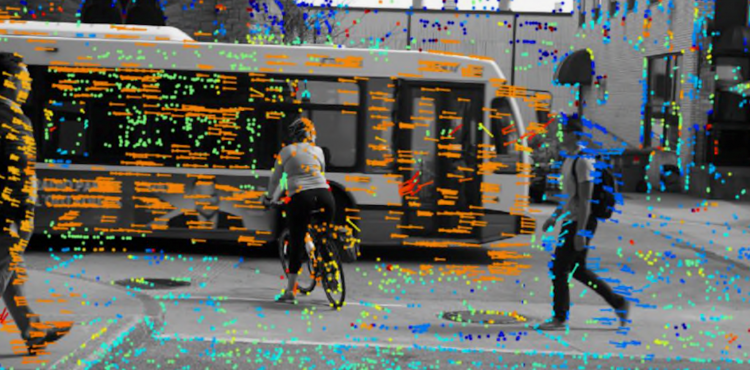Artificial intelligence is not new. The term can be traced all the way back to the 1950s. Various applications have been developed in the decades since, but artificial intelligence is only really taking off now. Why, after all these years? In essence, AI's recent momentum was made possible by evolutions in hardware. Data storage and processing have never been more efficient. New artificial intelligence applications are being developed at an incredible pace, with the processing of large amounts of data and computer-intensive calculations no longer presenting a problem. Is your company ready to seize this opportunity now that the time is right?
Juggling big data
Without AI, there would be no smart computer games. The phenomenon is now also entering the business world primarily thanks to the arrival of the Internet of Things (IoT). Communication between devices, systems, databases and the like keeps getting better and more frequent. The result is a tsunami of data that humans can no longer process. The purpose of AI technology, then, is to juggle that big data and extract valuable information from it.




